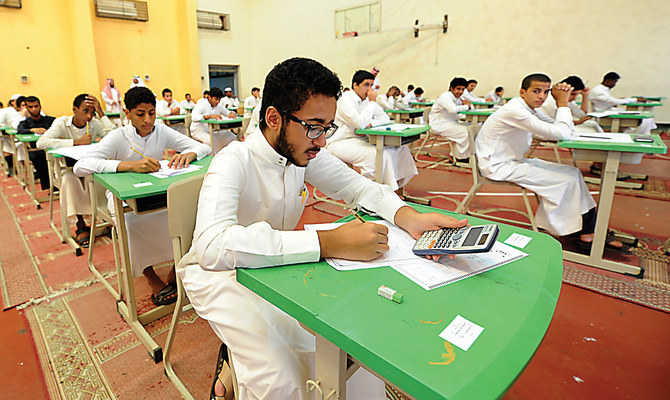
14 Jul 2024
CAIRO: Saudi Arabia is making significant strides in education technology, with substantial investments aimed at transforming and enhancing the sector.
The Kingdom’s government is actively promoting initiatives in this field, also known as edutech, recognizing their potential to revolutionize the schooling system.
According to industry experts, the Kingdom’s edutech landscape offers numerous opportunities for both local and foreign investors.
Venture data platform MAGNiTT has revealed the edutech sector is now one of the top five most-funded fields in the Kingdom.
In 2023, the industry saw a total of $50 million raised by Saudi-based startups, a 6 percent growth from the year before.
Furthermore, the edutech sector in the Kingdom witnessed substantial growth in 2022, surging by 2,069 percent compared to the previous year.
Nasser Al-Shareef, senior adviser of investment and privatization at the Saudi Ministry of Education, reiterated the possibilities for the industry in an article for Arab News earlier this year.
“By investing in education technology, both local and international investors can tap into a rapidly growing market with a high demand for innovative educational solutions. Saudi Arabia’s large youth population, coupled with its strong focus on education and digital transformation, creates a fertile ground for edutech investments,” he said.
“The Saudi government is supporting the growth of the edutech sector through various initiatives, policies, and funding programs. This support includes financial incentives, regulatory reforms, and partnerships with educational institutions. These measures not only attract investment but also provide a conducive environment for edutech startups to flourish,” he added.
Al-Shareef further stated that investing in the Kingdom’s edutech field offers opportunities across various segments of the education ecosystem.
This includes online learning platforms, virtual classrooms, and adaptive learning technologies, as well as educational content development, teachers’ training, and more.
“The potential for scalability and market penetration is significant, considering the increasing adoption of technology in schools, universities, and lifelong learning programs,” he added.